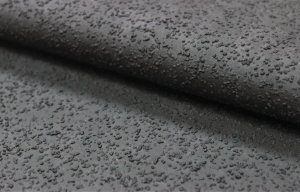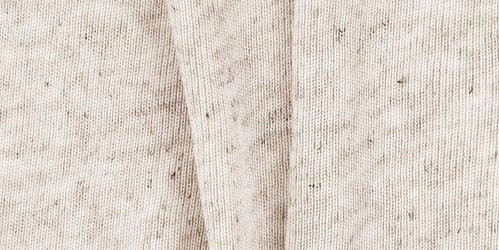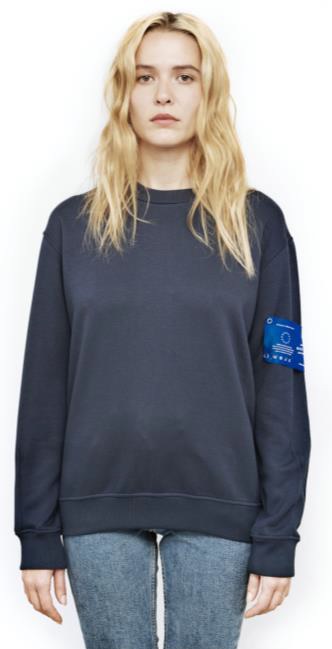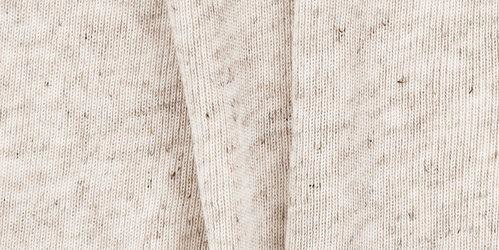
Tintex delivers performance innovations at Performance Days
Among the key partners are Lenzing, Tearfil, Tintex, Blue Ben, Montebelo, and Agroho.

14th February 2019
Knitting Industry
|
Munich
 Visitors had an opportunity to experience the new Naturally Advanced solutions by Tintex Textiles at least month’s Munich Fabric Start, an international textile trade show that takes place twice yearly with a vast selection of collections ranging from plains to haute couture fabrics and accessories.
Visitors had an opportunity to experience the new Naturally Advanced solutions by Tintex Textiles at least month’s Munich Fabric Start, an international textile trade show that takes place twice yearly with a vast selection of collections ranging from plains to haute couture fabrics and accessories.
“Smart ingredients take the lead being enhanced by the unique Tintex’s dyeing and finishing expertise. The seasonal collection that fuses science and innovation, leading the way towards a more conscious evolution was presented at Munich Fabric Start,” the company reports.
Tintex, driven by its strong DNA toward responsible innovation, took the chance to introduce a brand-new project that has born in Germany and is now flying at international level thanks to a group of pioneer key players who are implementing it. A unique initiative called The Blue Lab, created by the NGO Drip by Drip, is aimed at developing alternative textile solutions with the lowest possible water footprint, in collaboration with a network of participants.
Among the key partners are: Lenzing that provides the fibres, Tearfil supplying the yarn, Tintex realising the fabrics, Blue Ben creating the garments, Montebelo that works closely with brands, organisations and manufacturers to create responsible fashion products, and Agroho, the non-profit organisation that is working for marginalised communities in Bangladesh.
“The connection between fashion consumption and water resources is a key fact, and it has been the premise for the creation of world’s first saving water fabrics,” the company explains. The company presents a range of five water-efficient innovations, whose production is using between 443 and 965 litres per kg, while the amount of water needed to produce 1 kg of conventional cotton fabric ranges from 7,000 to 29,000 litres per kg. “We are talking about water savings of up to 90%, achieved starting from the cultivation of raw materials such as well as in the fabric dyeing process and of course through water recycling,” the company continues.
This fabric collection has been developed using the following key smart fibres: Tencel Lyocell, Modal, hemp and Roica V550, the sustainable premium stretch fibre from Asahi Kasei, a Cradle to Cradle Certified Gold Level for Material Health product and ingredients certified yarn evaluated throughout the supply chain for lower impact on human and environmental health. This yarn also boasts the Hohenstein Environment Compatibility Certificate as it breaks down without releasing harmful substances.

The Blue Lab fabric by Tintex Textiles: 85% Tencel Modal, 15% Hemp. © Tintex Textiles
Another player of this project is the German activist brand Blue Ben, which used The Blue Lab water efficient fabrics by Tintex to realise The Blue Sweater, a unisex sweater, crew-neck, loose-fit, with a unique branding dedicated to Bangladesh, the second largest exporter of garments suffering from severe water crises. Part of the sales is devoted to the reparations and the clean-up of the wastewater plants in Bangladesh. Together with Drip by Drip, the world’s first NGO founded to tackle the water issues in the fashion and textiles industry, and its expert partners in Bangladesh, they seek to find and build solutions to clean and filter ground, surface and waste water.
Finally, on 22 March, celebrating World Water Day, Tintex invites customers to join Drip by Drip in Berlin for the initiative Fashion for Water, when key industry players will address the topic of water consumption within the fashion and textiles industries.

Business intelligence for the fibre, textiles and apparel industries: technologies, innovations, markets, investments, trade policy, sourcing, strategy...
Find out more